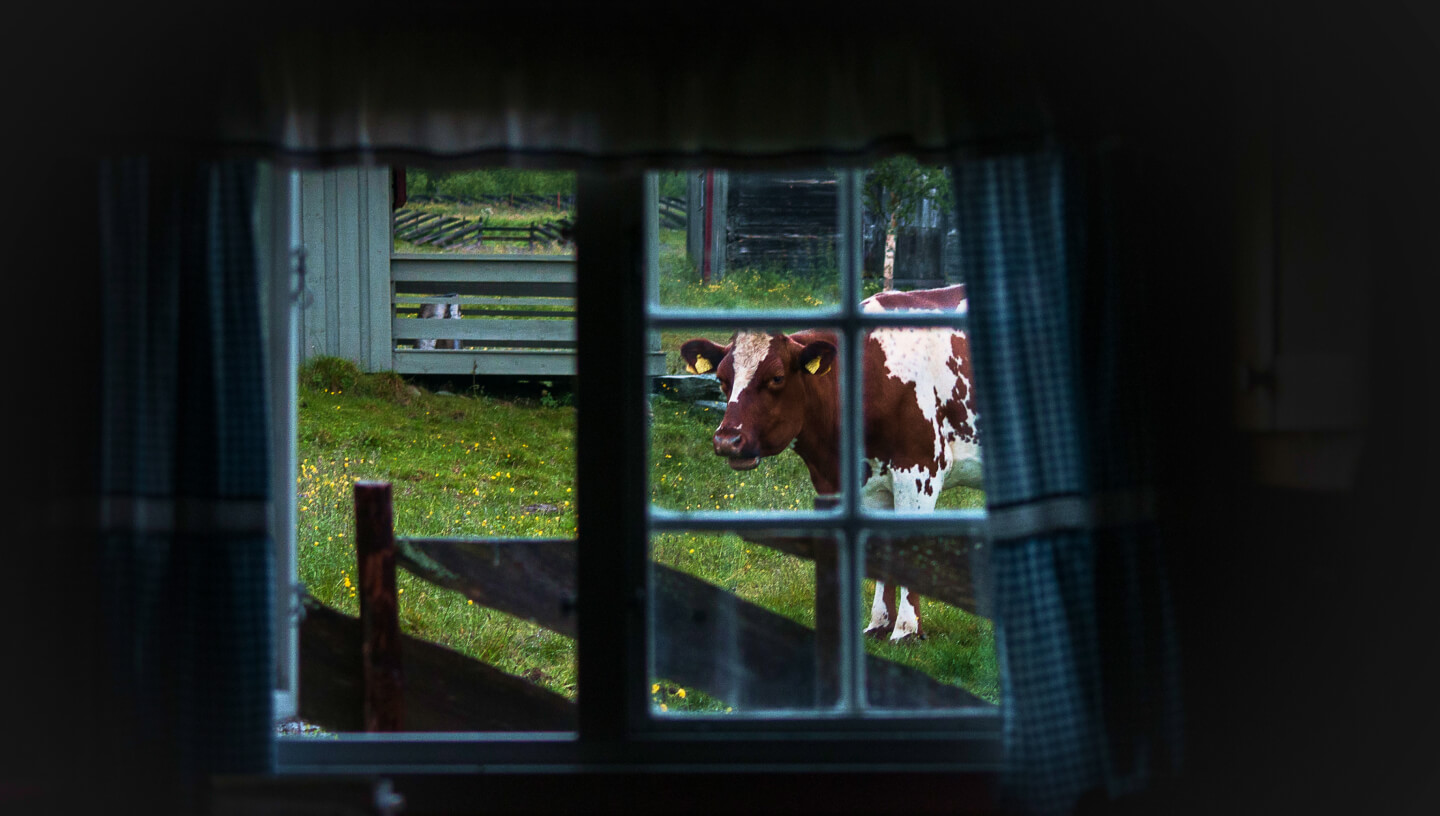17.10.2022
New Zealand introduces a tax on cows
 Photo by: Kristin Lauritzen Braend / iStock
Photo by: Kristin Lauritzen Braend / iStock
New Zealand aims to be carbon neutral by 2050. To get there, the government is committed to reducing agricultural methane emissions by 10% by 2030 and to 47% by 2050. The next step in this direction might be the introduction of a tax on greenhouse gases produced by farm animals due to natural causes. The national government has stated that such a farm tax would be the first in the world. It is assumed that farmers would be able to recover the costs by raising the prices of their products.
New Zealand Agriculture Minister Damien Peter O’Connor said: “Farmers are already feeling the effects of climate change because of regular droughts and floods. And taking control of emissions from agriculture is good for the environment as well as our economy”.
The proposal has provoked resistance from local farmers. Federated Farmers, the agricultural industry’s main lobby group, said the plan would “rip the guts out of small-town New Zealand” as it would deny farmers the opportunity to run their operations.
Federated Farmers president Andrew Hoggard said farmers had been working with the government for more than two years on an emissions reduction strategy that should not reduce food production, but the new proposal goes against those plans and could result in farmers being forced to sell their farms.
Conservative opposition forces believe that the new tax will not only fail to reduce carbon emissions but will even increase them, as the leading role in agriculture will shift to countries with less efficient green agricultural practices and New Zealand will be forced to buy products abroad.
Prime Minister Jacinda Ardern has said that all money collected from the farm tax will be invested in the sector to fund new technology, research and incentive payments to farmers.
According to opinion polls, the new tax has emerged against the backdrop of the forthcoming elections. Ardern’s Labour Party has now lost popularity and has fallen behind the main opposition National Party in terms of ratings. The agreement with farmers, on the other hand, means a lot to Ardern as they have considerable political influence.
There are 10 million cows and 26 million sheep in New Zealand, although the country has a population of 5 million. Such an abundance of animals allows New Zealand not only to fully cover its own needs for animal products, but also to actively export the goods abroad. At the same time, the huge amount of methane emissions makes the government look for new solutions to it.
One solution is to introduce the probiotic Covubuch into calf nutrition. New Zealand dairy concern Fonterra has been conducting trials since 2021 to assess the effectiveness of this probiotic. Preliminary studies show that it reduces belching and methane emissions by 20%. Fonterra plans to commercialise the probiotic by the end of 2024, Bassett said, that is before the ‘burp tax’ comes into effect.
Cover photo: Firmafotografen / iStock














































Comments